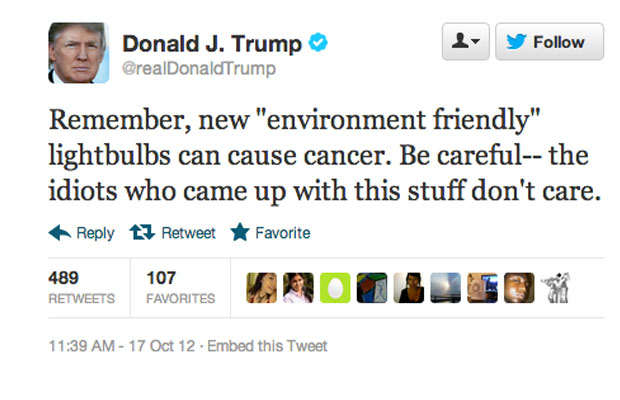An editorial in today’s Washington Post puts the tax cut in a nutshell. Remember this when you vote next year:
Yo-Yo Economics
Friday, May 23, 2003; Page A24
EITHER THE TAX CUT that Congress is on the verge of sending to the president is among the most dishonest, gimmick-laden tax packages in history — in which case its true cost is far more than advertised. Or the bill’s provisions really will take effect and then quickly fade away — in which case its economic value is far less than promised. Either way, it manages, rather impressively, to be more skewed to the wealthy than President Bush’s original proposal.
Nine of the 10 tax cuts in the package are set to expire before 2013, most after just two — that’s right, two — years. The point is to make the 10-year projections look affordable, and never mind the irrationality. “A whole basket of yo-yos,” as the Senate Finance Committee’s ranking Democrat, Max Baucus (Mont.), said yesterday. Congress has resorted to this sort of trickery before, but never on such an audacious scale. The child tax credit will rise from $600 to $1,000 this year and next, drop to $700, gradually rise again to $1,000 and fall to $500 — all by 2013. Rate cuts on dividends and capital gains will last only to 2008, so the predicted effects — lifting stock prices by making stocks a more attractive investment and encouraging investment by lowering the cost of capital — will be diminished. Moreover, firms may face pressure from stockholders to pay more dividends while the tax rates are low, reducing the amount of money they have to invest.
Naturally, backers of the tax cut don’t mean for any of this to take place. From the moment Mr. Bush signs the measure, the administration and its allies will begin campaigning to make sure that none of the tax cuts expires. If the recent past is a guide, they’ll deride the gimmicks as if they had nothing to do with creating them. And if they succeed, the real cost of the package through 2013 will be not the advertised $350 billion but $675 billion, according to the Center on Budget and Policy Priorities — and that assumes that one of the big business tax breaks is indeed temporary. (If it’s not, the cost will be at least $810 billion.)
What’s already clear is who wins. According to data from the Urban Institute-Brookings Tax Policy Center, taxpayers who make more than $1 million a year will enjoy an average tax cut of $93,500 this year, several thousand more than under the Bush proposal. The average tax cut for households in the middle of the income spectrum will be $217. And while the bill speeds marriage penalty and child tax credit provisions adopted in the 2001 tax cut for middle- and upper-income taxpayers, lower- and moderate-income families, who could be most counted on to spend the money, get no such acceleration. They can wait for the trickle.
Mr. Bush instructed Congress not to send him a “little bitty” tax cut, and when the final costs are tallied it will become clear that he got his wish. This is the third tax cut in three years. For better or worse, it’s Mr. Bush’s tax code now — and his economy.
© 2003 The Washington Post Company
Makes you wonder how the Bush family got so rich with such fiscal morons in it. Laura must balance the checkbook.
